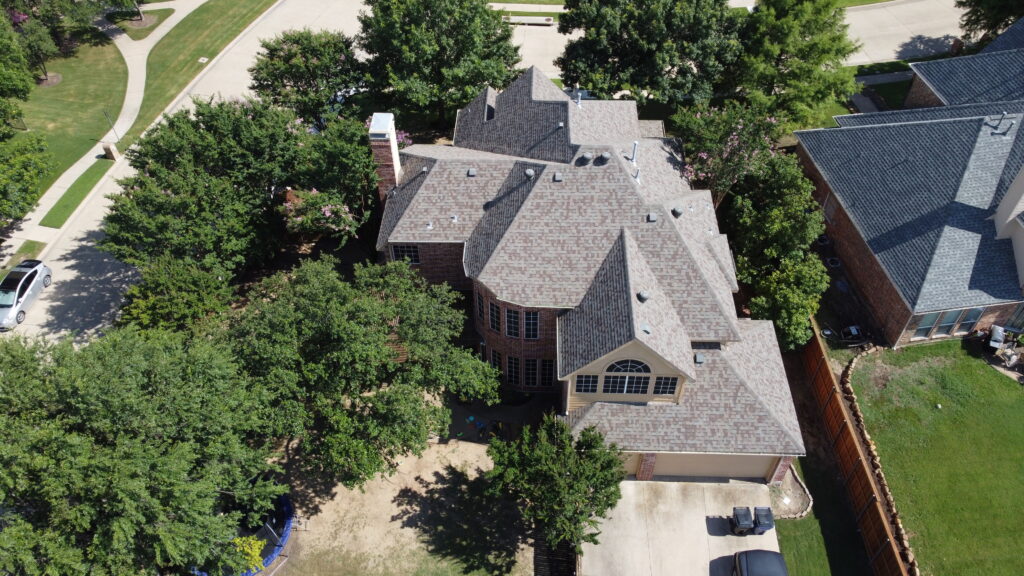Introduction
Maintaining a roof is a vital aspect of homeownership, but it often comes with many questions. From proper maintenance to selecting the right materials, this guide answers the most common roofing inquiries to help you make the best decisions for your home.
Frequently Asked Roofing Questions
1. How Often Should Roof Inspections Be Performed?
Experts suggest scheduling roof inspections twice a year—during the spring and fall seasons. Additionally, inspections after severe weather events are crucial to identify any hidden damage.
2. What Are Signs My Roof Needs Repairs?
Keep an eye out for:
- Shingles that are cracked, missing, or curled
- Water stains or leaks on ceilings or walls
- Granule buildup in gutters
- Sagging areas on the roof
- Drafts or light coming through the attic
3. Roof Longevity
The durability of your roof varies based on the material used:
- Asphalt shingles: 20–30 years
- Metal roofing: 50+ years
- Tile or slate: 50–100 years with proper care
4. What Roofing Materials Are Best for My Home?
The ideal roofing material depends on your location, budget, and style preferences. In areas with harsh weather, such as Denver, durable options like impact-resistant shingles or metal roofs are highly recommended.
5. What Makes Roof Ventilation Essential?
Proper ventilation helps regulate temperature and moisture in your attic, preventing mold growth, reducing energy costs, and extending your roof’s life.
Essential Roof Maintenance Practices
Keep It Clean
Remove debris, leaves, and branches regularly to prevent buildup that could trap moisture and lead to damage.
Address Minor Issues Promptly
Small problems, like cracked shingles or loose flashing, should be repaired immediately to avoid larger issues.
Professional Inspections
Schedule periodic inspections by a licensed contractor to identify and address potential problems early.
Understanding Roofing Warranties
Types of Roofing Warranties
- Material Warranties: Cover defects in roofing materials.
- Workmanship Warranties: Protect against installation errors.
What’s Typically Covered?
Warranties often include protection against material failure and leaks caused by installation flaws. However, they usually exclude damage due to neglect, severe weather, or aging.
How to Choose a Reliable Roofing Contractor
Verify Credentials
Ensure your contractor is licensed, insured, and certified to install the materials you’ve chosen.
Consider Experience
Choose a contractor with a strong local reputation and experience in your area’s specific weather conditions.
Check Reviews
Reviews and testimonials from past customers offer helpful insights into the quality of a contractor’s work.
Roofing Solutions for Denver Homeowners
The extreme weather in Denver, including heavy snow and intense sunlight, demands durable roofing materials. Local experts, such as Tried and True Roofing, recommend options like impact-resistant shingles or metal roofing to provide lasting protection. Proper maintenance is also essential to handle the region’s variable climate.
The Advantages of Regular Roof Maintenance
Extend Roof Lifespan
Routine care helps delay the need for expensive replacements.
Improve Energy Efficiency
Maintaining your roof’s insulation and ventilation ensures consistent indoor temperatures, reducing energy bills.
Boost Curb Appeal
A well-kept roof enhances the look of your home and increases its resale value.
Conclusion
Caring for your roof doesn’t have to be daunting when you have the right information. Regular maintenance, timely repairs, and working with trusted professionals can keep your roof in excellent condition. For Denver homeowners, Tried and True Roofing offers tailored solutions to ensure your roof remains durable and reliable for years to come.
